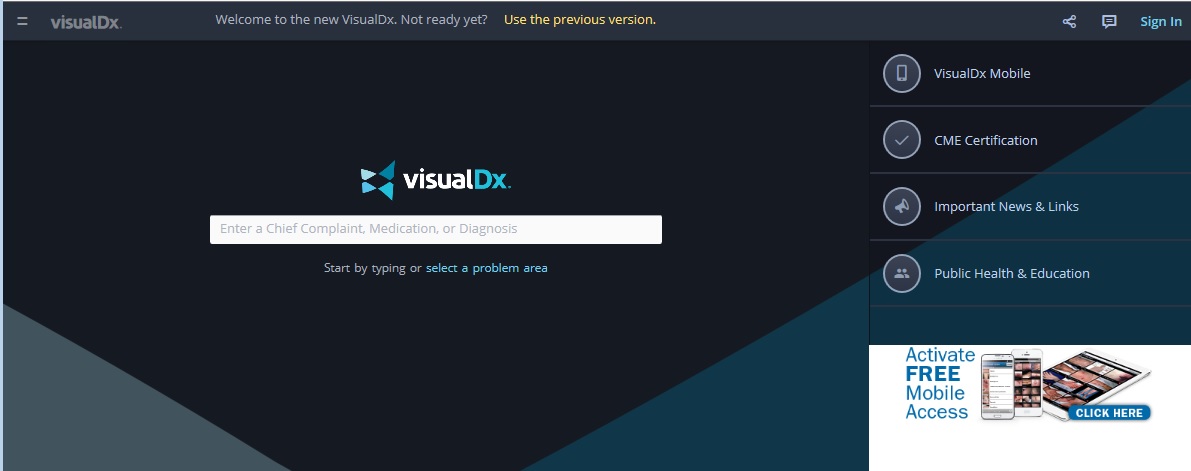Today, VisualDx, a visual diagnostic decision support system MSK Library subscribes to, is releasing a significantly enhanced new version. The product, which has been around since 1999, is expanding its coverage of general medicine, thereby more than doubling the number of diagnoses from the 1,300 included in the earlier VisualDx to 2,700 or more diagnoses available in the new version. The new VisualDx is also going to include additional images (including radiologic images), as well as, previously unavailable guided chief complaint questionnaires, among other new content.

Another big enhancement is the introduction of VisualDx’s exclusive Sympticon technology, whereby users will be presented with graphical representations of the patterns of symptoms and other findings, not just with lists of diagnoses, as was the case before. Sympticons will provide users with the powerful ability to compare the features of each potential diagnosis on one screen. Continue reading
 To make this process easier on the database searcher,
To make this process easier on the database searcher,